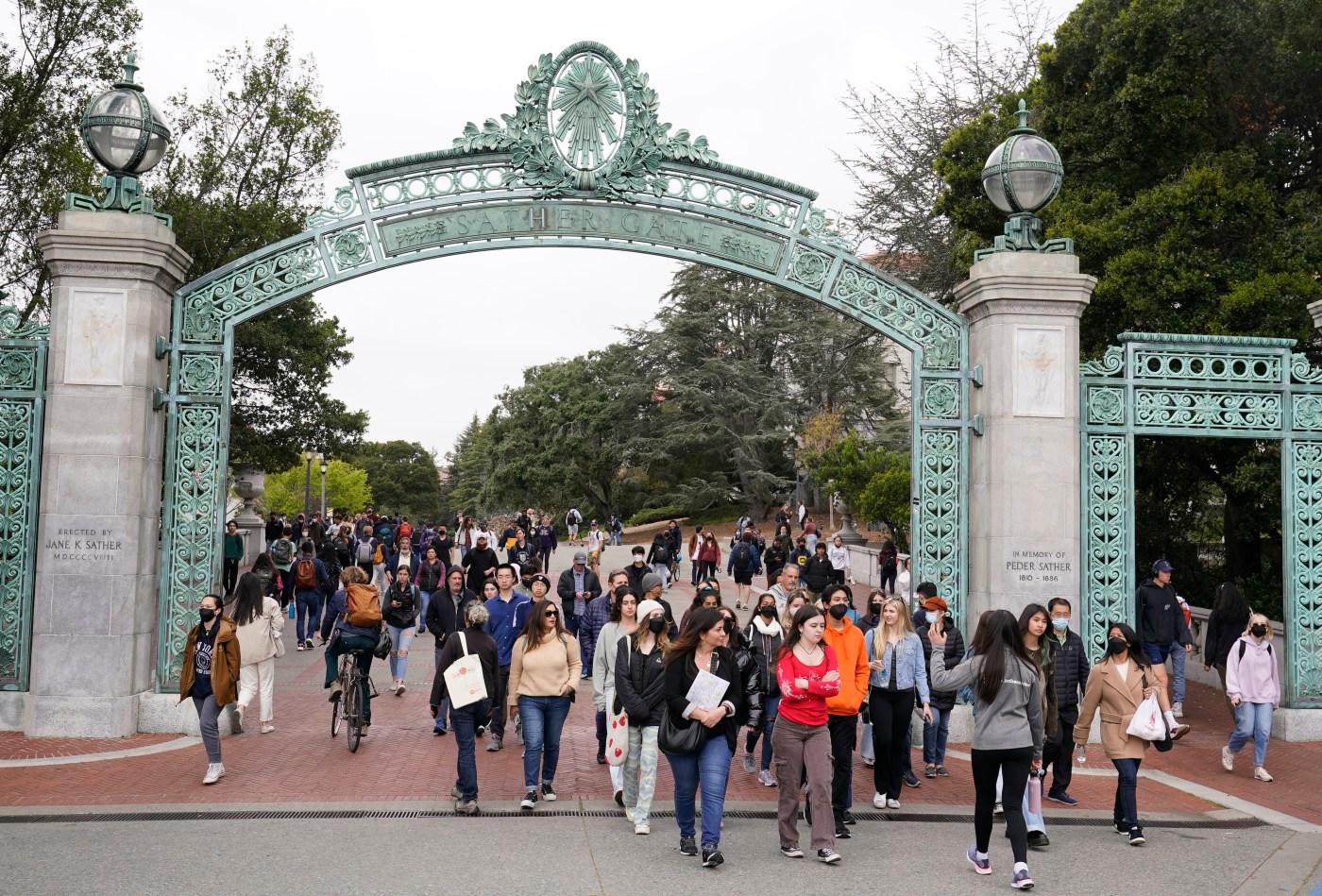
By Rachel Metz and Katie Roof, Bloomberg
Chatbot Arena started as an academic project, where researchers and students at the University of California at Berkeley worked to evaluate the capacity of artificial intelligence tools. Now, the group has spun out into a new company, called LMArena, that’s raised $100 million in seed funding from a slate of A-list investors.
Andreessen Horowitz and UC Investments — which manages an investment portfolio for the University of California — led the fundraising, which the company plans to announce Wednesday. The deal includes backing from Lightspeed Venture Partners, Felicis Ventures and Kleiner Perkins, among others, the company said.
Related Articles
DoorDash ends AI voice-ordering product for restaurants
Microsoft is bringing Elon Musk’s AI models to its cloud
Elon Musk’s xAI blames rogue tampering for ‘white genocide’ glitches
How Apple fell behind in the AI race
Victims of explicit deepfakes will soon be able to take legal action against people who create them
The round values LMArena at $600 million, according to people familiar with the matter who asked not to be named in order to discuss private conversations. This gives the company, the formation of which was announced in April, a substantial valuation despite being less than two months old. LMArena declined to comment on its valuation.
“We believe evaluations are more important now than when we started,” said Ion Stoica, LMArena co-founder and chairman. Stoica, a UC Berkeley professor, is also the co-founder of tech companies such as Databricks Inc. and Anyscale Inc.
LMArena’s website allows people to test a slew of cutting-edge AI models and see how they perform head to head. Users then vote for the ones they prefer on the site’s leaderboards, which are closely watched by the tech community.
Created in early 2023, a few months after OpenAI’s release of ChatGPT and the frenzy it kicked off, the testing site was built as a research project by UC Berkeley’s Sky Computing Lab. It soon became a popular spot for early adopters, and a leading indicator in the rapidly evolving field of AI benchmarking, getting a million visitors per month. Stoica, who was a faculty advisor for the project in its early days, launched the company alongside Anastasios Angelopoulos and Wei-Lin Chiang — who both were leaders of the research project, and now serve as the company’s chief executive officer and chief technology officer, respectively.
So far, people have cast a total of more than 3 million votes for over 400 AI models on LMArena’s platform, the company said. Top AI companies and open-source up-and-comers alike use the website to test out their new models, including Google, OpenAI, Anthropic, xAI and DeepSeek. Some companies even post models on it before releasing them generally, as OpenAI did with its GPT-4o model last spring. Before DeepSeek caught the world’s attention in late January, it quietly climbed up the rankings on Chatbot Arena.
Anjney Midha, a partner at Andreessen Horowitz, said the startup has made it easier for labs building open-source AI models in particular to see how their technology stacks up against proprietary models. And as AI becomes increasingly widespread, he said, testing is increasingly vital to helping determine whether an AI tool is dependable.
“The idea that we should approach AI reliability from the perspective of a continuously tested platform is so fundamental, and has become critical to the entire space,” he said.
Yet even as a research project, it cost a few million dollars per year to run the platform, Stoica said. The funding will be used to grow LMArena and hire more people, as well as to pay for costs such as the compute required to run the AI models on the site. The company also plans to add more features to the platform and conduct research, Angelopoulos said. LMArena hopes to increase the diversity of the people voting on the platform, he added; currently about 60% of its users are in the tech industry.
“The reality is that it’s outgrown an academic project,” Angelopoulos said. “So we need to build an organization that can take this platform, support it, and grow it into something that even better supports the community, reflects people’s preferences, and helps the ecosystem learn from these human preferences to build great, reliable models.”
More stories like this are available on bloomberg.com
©2025 Bloomberg L.P.